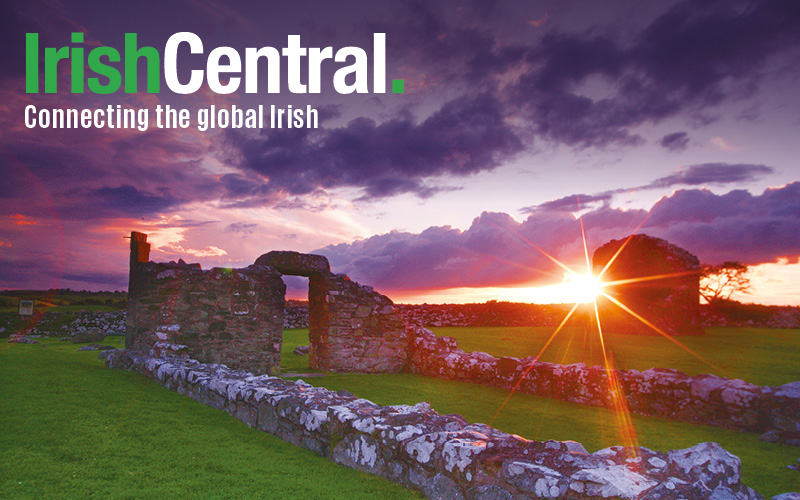The march on Washington and around the country was one of the greatest things I’ve ever seen as a proud citizen of the United States of America.
It reminded me so much of Martin Luther King Jr.’s march on Washington in 1963, but, somehow, it was even better. Old folks like me like to say these kids are lazy slackers, dope-smoking bums, who know nothing!
Well, I think, watching today, that stereotype is dead. These kids are absolutely terrific. They are more articulate than the man in the White House (who pocketed more than $30-million from the NRA in 2016), more articulate than the Speaker of the House (who piously took $171,977 in bounty from the NRA),and more articulate than most of the useless bums we employ and call a “Congress.”
Read More: March for our Lives: Ireland joins protests to end American gun violence
Being a scholar of both Irish and American history, there is one thing that keeps popping into my mind over the last month and how these kids have rallied America. It is a poem by Padraic Pearse, the most quixotic leader of the 1916 Rising.
Pearse, to put it mildly, was an odd-duck. He was terrified of women, loved Cuchulainn, had no idea of military strategy, but was chosen by the ever-wise Tom Clarke to be the spokesman of the 1916 rebellion.
Organizers estimate more than 800k marched in DC. If they're correct, #MarchForOurLives would be the largest single day protest in DC history. pic.twitter.com/lYundBABox
— Never Again Movement (@NeverAgainMov) March 25, 2018
Because Pearse could write!
He wrote the 1916 Proclamation, “Poblacht na h Eireann,” the Irish Declaration of Independence. It is to this day a tremendous liberal document, calling on all the Irish, regardless of sex, to join the new Republic. In fact, Pearse, was declared the “President” of the new Irish Provisional Government. It didn’t last long, because he was shot eleven days after the Easter Rebellion began. He was also the first to be shot. So much for being quixotic.
But the thing that keeps coming back to me in this time of Parkland is what Pearse wrote just before the Easter Rising. It was a poem called “The Rebel,” and it was aimed at the British and what they were about to face in Ireland. [You can read “The Rebel” here: https://en.wikisource.org/wiki/The_Rebel_(Pearse).]

Padraig Pearse. Credit: Library of Congress
The poem starts with the simple line: "I am come of the seed of the people, the people that sorrow."
As great a sorrow, as the parents of children slaughtered at Parkland. It goes on to talk about the Irish people and the misery they have suffered under the British.
But the thing that always gets my attention is the ending, a blunt warning of what is about to happen:
And I say to my people’s masters: Beware
Beware of the thing that is coming, beware of the risen people
Who shall take what ye would not give.
Did ye think to conquer the people, or that law is stronger than life,
And than men’s desire to be free?
We will try it out with you ye that have harried and held,
Ye that have bullied and bribed.
Tyrants… hypocrites… liars!
Beware of the thing that is coming.
The “risen people,” in this case, are Americans sick of gun violence.
It’s not that long to November.
Read More: The unfathomable mystery of Easter Rising hero Padraig Pearse
I wonder what President Trump, golfing on this historic day, and Speaker Ryan, hiding out somewhere, are thinking today.
Beware, no matter what the NRA says, it is coming.
Dermot McEvoy is the author of the The 13th Apostle: A Novel of Michael Collins and the Irish Uprising and Our Lady of Greenwich Village, both now available in paperback, Kindle and Audio from Skyhorse Publishing. He may be reached at [email protected]. Follow him at www.dermotmcevoy.com. Follow The 13th Apostle on Facebook at https://www.facebook.com/13thApostleMcEvoy/




Comments